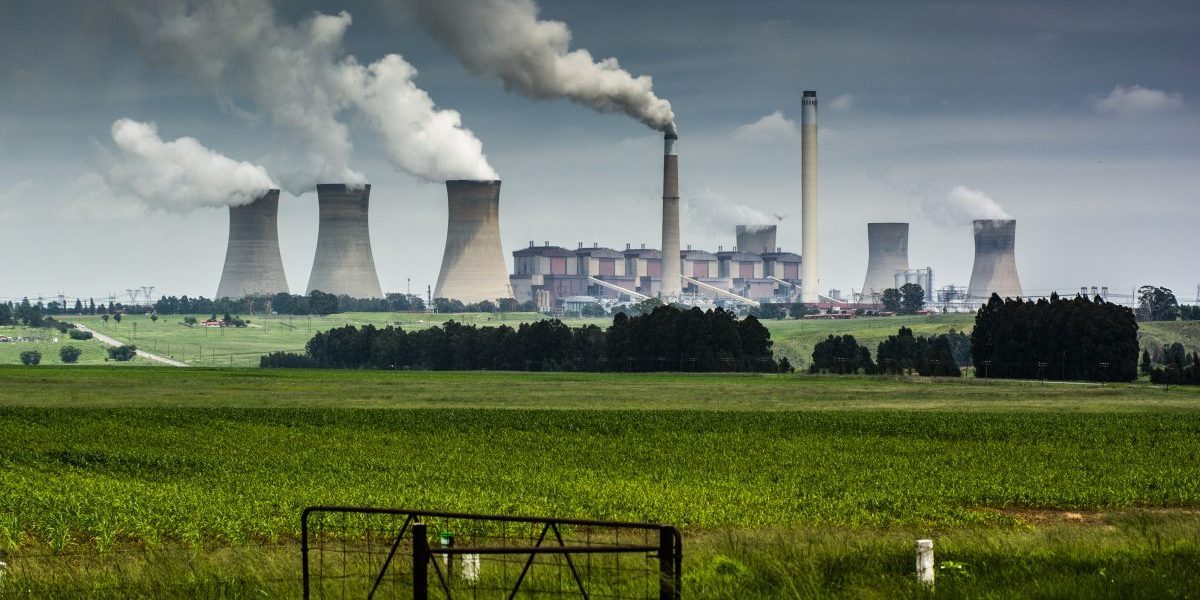In recent years, the rules-based system that has governed the global political and economic order since the Second World War has become increasingly fragile. It has been undermined by the contempt that the Trump administration has shown for it, by the rise of more nationalist governments in countries as different as Brazil, the UK, India, Hungary and Turkey, and by tensions between the members of key multilateral blocs like the EU, NATO and BRICS. The result is that the institutions of global governance have become increasing ineffective – as evidenced by, for example, their management of the COVID-19 pandemic and the current state of the WTO.
Against this background, achieving global consensus to meaningfully reduce global greenhouse gas emissions, through multilateral platforms like the United Nations Framework Convention on Climate Change, appears increasingly unlikely.
For countries like South Africa, which are particularly vulnerable to climate change impacts, this raises important questions about how it should approach its climate change objectives, and indeed what these objectives should be.
This webinar will explore some of these questions, with a particular focus on unpacking South Africa’s climate change diplomacy options over the next few years. The webinar is the first in a series of webinars based on a forthcoming edited volume by Daniel D Bradlow and Elizabeth Sidiropoulos on Values, Interests and Power: South African Foreign Policy in Uncertain Times.
Panel:
Moderator: Elizabeth Sidiropoulos, Chief Executive, SAIIA
Speaker: Ellen Davies, Sustainable Development Consultant, African Climate Foundation
Respondents:
Alf Wills, Former Deputy Director-General of Sustainable Development and Climate Change in South Africa’s Department of Environment, Forestry and Fisheries
Ambassador Seyni Nafo, African Group of Negotiators
Related material:
- Watch the video of the webinar below:


